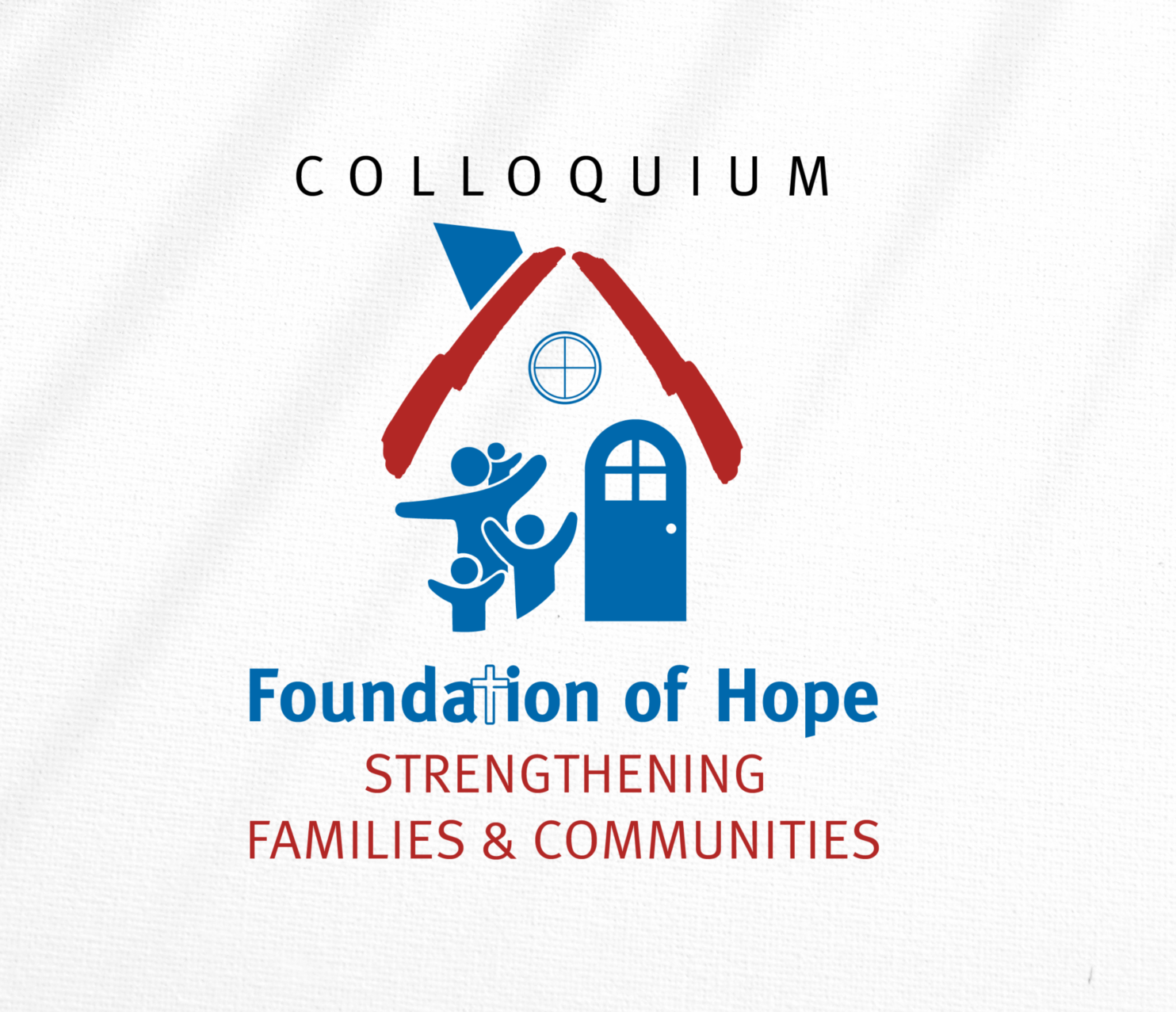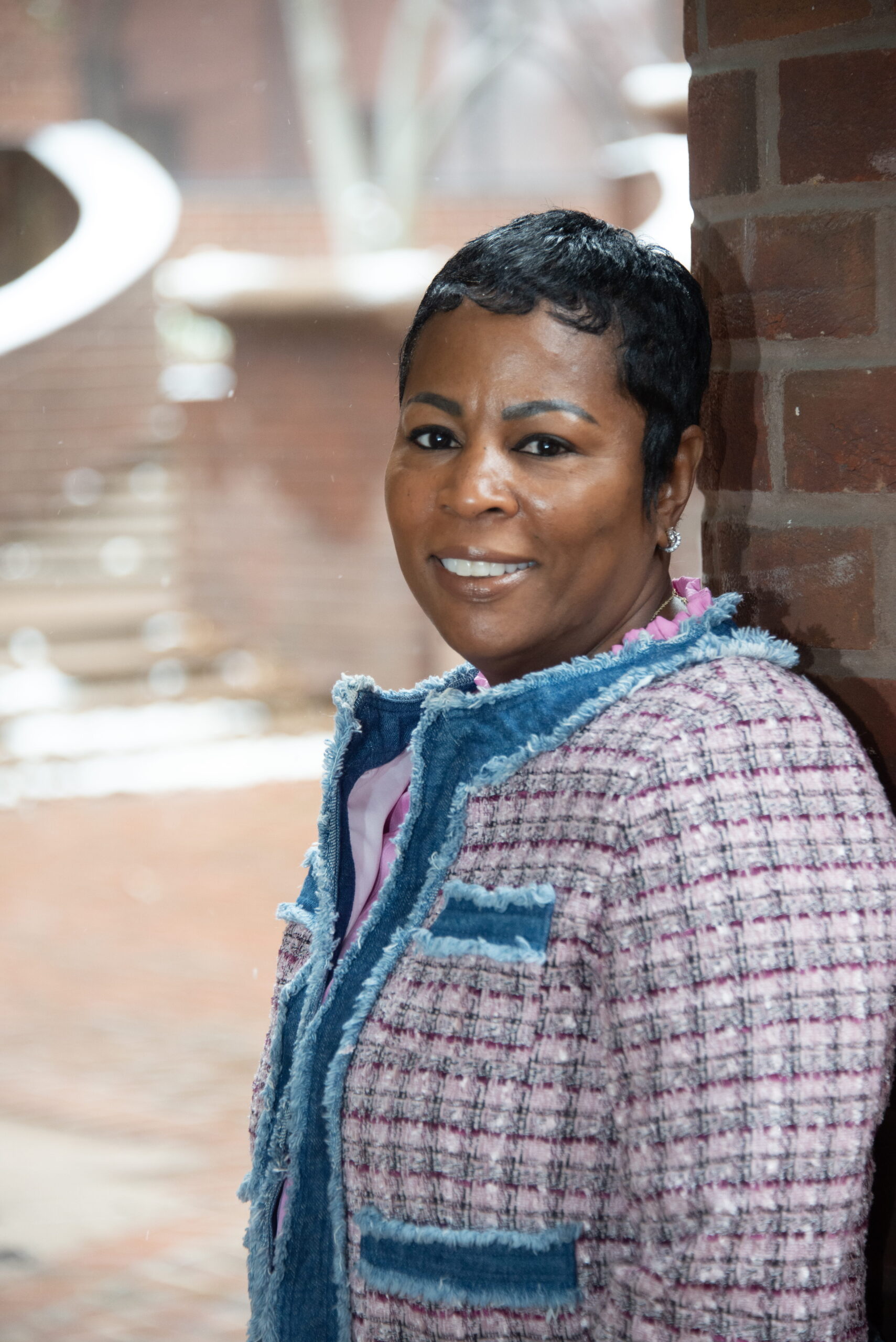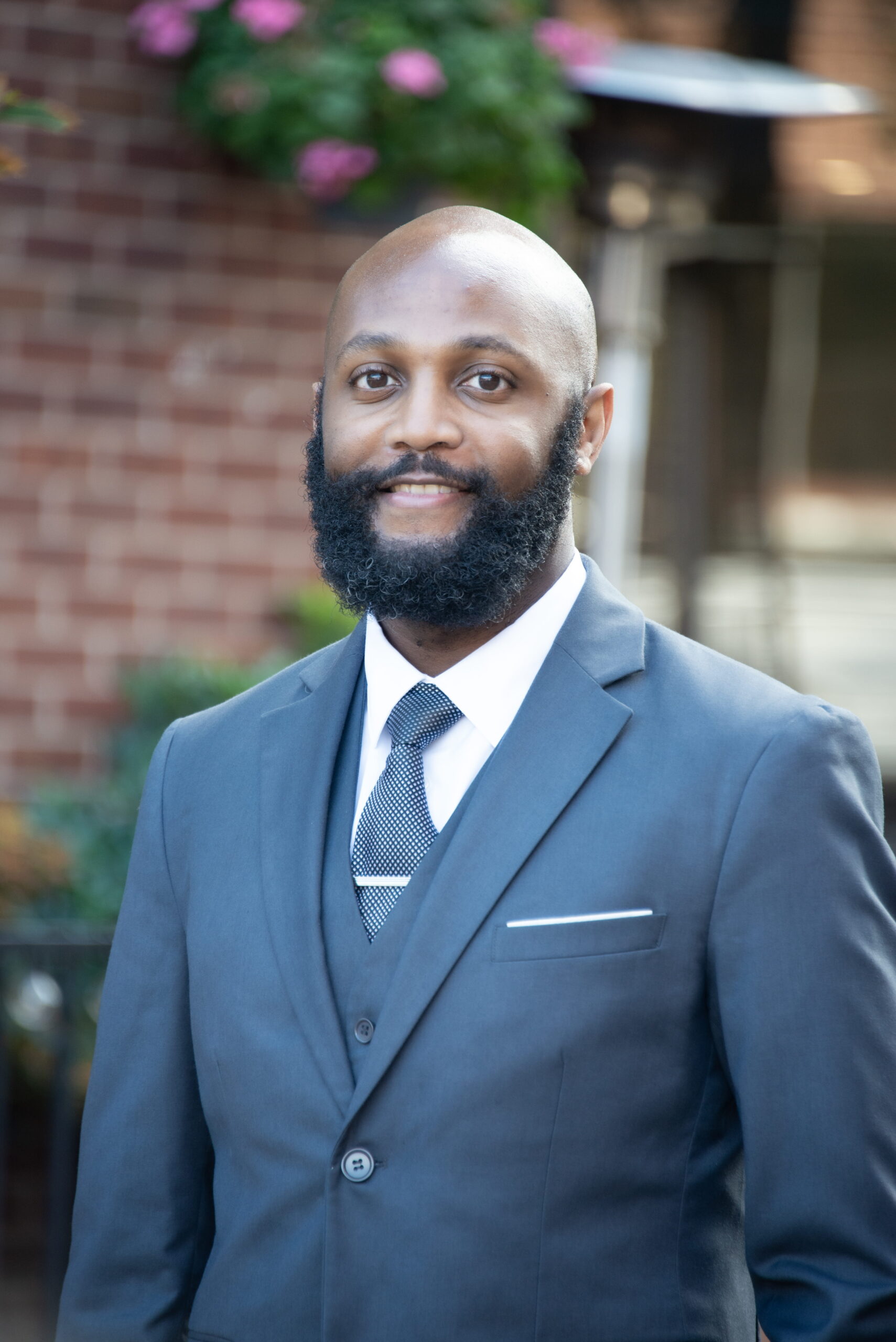Stay Connected With Caring Chronicles!
Subscribe to our newsletter for inspiring stories, impactful updates, and ways to make a difference in your community.
Join us on this journey of hope and caring!
Volunteers of America Chesapeake & Carolinas inspires self-sufficiency, dignity, and hope by providing critical housing, health, and human services to thousands of vulnerable individuals and families across Maryland, Virginia, the District of Columbia, and the Carolinas.
At Volunteers of America, we’re dedicated to helping those most in need live their best lives. From housing to healthcare to human services, our work touches the mind, bodies, hearts, and spirits of those we serve.

FEBURARY 20, 2026 Volunteers of America Chesapeake & Carolinas (VOACC) is pleased to announce the upcoming Foundation of Hope Colloquium. Click the link to read more.

JANUARY 9, 2025 Volunteers of America Chesapeake & Carolinas (VOACC) is pleased to welcome Sharita Williams as Executive Director of Information Technology. In this role, Sharita will lead the organization’s Information Technology Services Department, advancing technology strategies that support high-quality care, operational excellence, and VOACC’s mission to create Healthy Communities for All. Click the link…

JANUARY 7, 2025 Volunteers of America Chesapeake and Carolinas (VOACC) is pleased to announce the appointment of Joshua Solite, Esquire, to its Board of Directors. Click the link to read more.
Inspiring stories and updates from our communities, delivered to your inbox each month!
